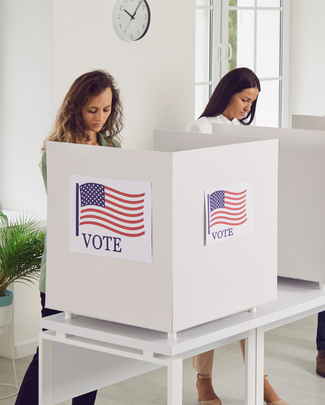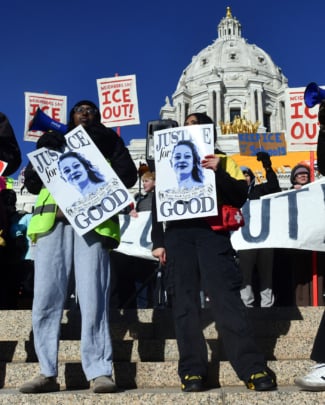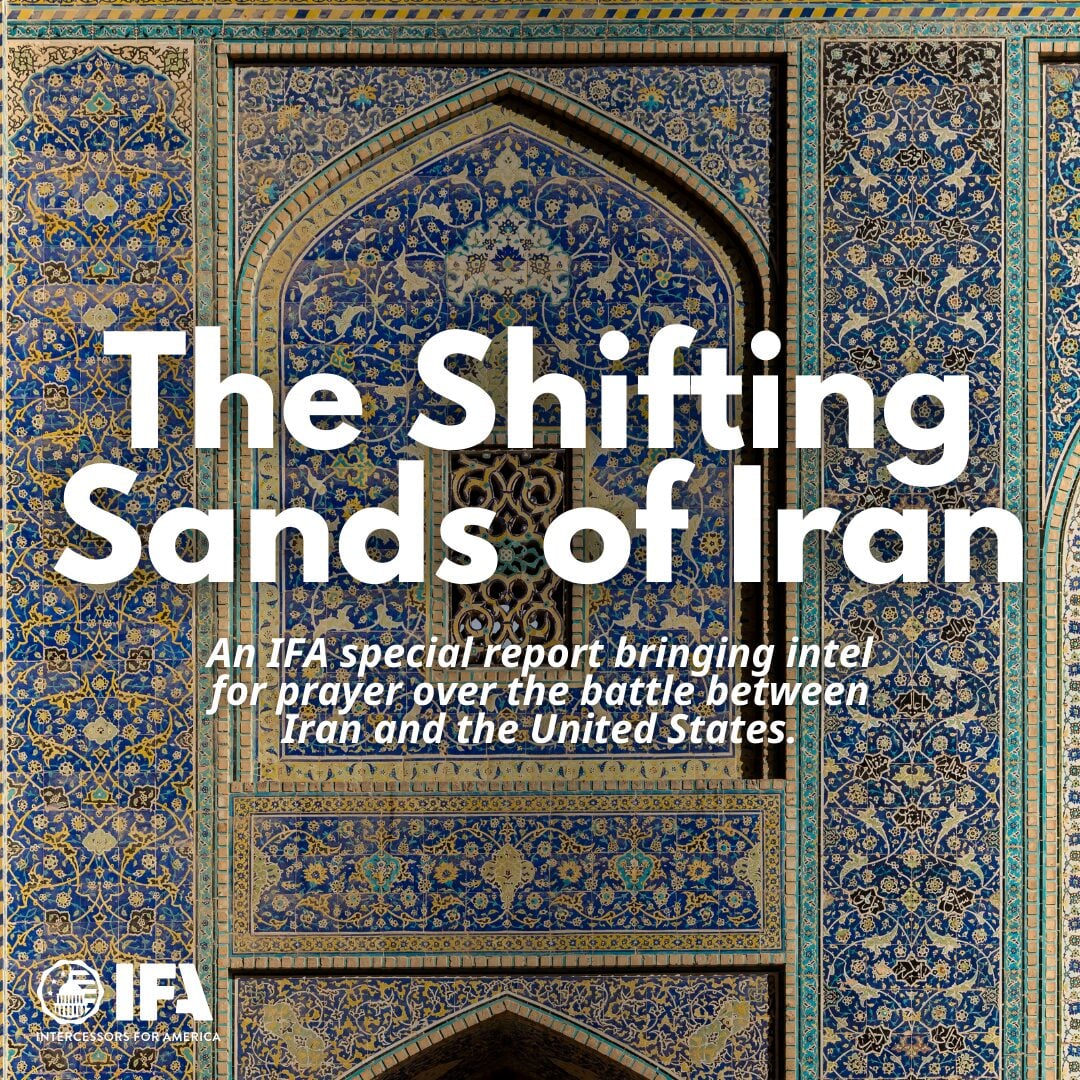GREAT IDEA TO HELP WEALTH GAP WITHOUT MORE DEFICIT SPENDING
A PRAYER FOR THOSE WHO MOURN
WHEN CHRISTIANS MAKE A DEAL WITH THE DEVIL (AND HOW TO BREAK IT)
EL PASO MINISTER ASKS YOU TO PRAY FOR HER COMMUNITY
BUILD A WALL OF FIRE AROUND YOUR CITY!
GREAT IDEA TO HELP WEALTH GAP WITHOUT MORE DEFICIT SPENDING
Inequality is real and needs attention.
According to the Urban Institute, average white household wealth in 2016 was $171,000 compared with average black household wealth of $17,409.
Sen. Cory Booker wants government to make deposits into savings accounts for low-income children to the tune of up to $50,000 each.
Sen. Kamala Harris proposes $100 billion in government subsidies for black homeownership.
These kinds of proposals may win some black votes, but should they? Will they really make blacks and the nation better off?
Government anti-poverty spending is not exactly a novel idea. We’ve been doing it since the 1960s, totaling, by some estimates, over $20 trillion since then. Has it achieved anything?
Changes in the poverty rate are barely discernible. And the wealth gap has just gotten bigger.
Per the same Urban Institute data, the wealth gap between white and nonwhite households was $45,188 in 1963, $92,045 in 1983 and $153,591 in 2016.
If a history of spending massive sums of taxpayer funds without results is not enough to discourage this approach, how about asking where the money will come from?
This fiscal year, the federal government will spend $4.5 trillion, $3.5 of which will be financed by tax revenue, leaving a trillion-dollar deficit to finance through borrowing.
According to the latest “Long Term Budget Outlook” from the Congressional Budget Office, “Large budget deficits over the next 30 years are projected to drive federal debt held by the public to unprecedented levels — from 78 percent of gross domestic product (GDP) in 2019 to 144 percent by 2049.”
And, CBO continues, “The prospect for such high and rising debt poses substantial risks for the nation …”
Sometimes it might be reasonable to take a risky plunge into debt, if the investments being made with the funds raised have high potential return and payoff.
But we’re talking here about plunging the nation deeper into debt to spend money in ways that have always failed. Does this make sense to anyone other than politicians who might get in office as a result of buying votes?
There is a way out of the darkness, but it takes principles and courage.
Low-income America isn’t suffering because of insufficient government dependence but because of insufficient independence — ownership. And here we can use government policy to make things better.
Per the Urban Institute, the average savings in retirement accounts in 2016 was $157,884 in white households and $25,212 in black households. Black families, according to the report, “have less access to retirement savings vehicles and lower participation when they have access.”
The headline in a recent Wall Street Journal column reads, “Counter Inequality With Private Social Security Accounts.”
The authors, Jeff Yass and Stephen Moore, propose Own America Accounts, private retirement accounts to where workers could shift 10 percent of their paycheck from Social Security.
The average annual return on Social Security over the last 40 years has been about 1 percent per year, according to Yass and Moore, and stocks returned 6 percent per year.
With Own America Accounts, an average American could have retired in 2016 with between $1 and 2 million in savings over a 40- to 45-year working life, per Yass and Moore.
Furthermore, Social Security is yet another dysfunctional government program. Social Security trustees project that in just 16 years, there will be insufficient funds to meet obligations. So a bad deal will get even worse when our politicians try to “save the system” by raising taxes, raising the retirement age or cutting benefits.
At minimum, make Own America Accounts available to low-income Americans, and help them build wealth through ownership rather than more government dependence. (By Star Parker, Urbancure.org.)
Partner with Us
Intercessors for America is the trusted resource for millions of people across the United States committed to praying for our nation. If you have benefited from IFA's resources and community, please consider joining us as a monthly support partner. As a 501(c)3 organization, it's through your support that all this possible.


We use cookies to ensure that we give you the best experience on our website. If you continue to use this site we will assume that you are happy with it. Privacy Policy




Comments
Stop penalizing marriage. Lower taxes on low incomes. Grow jobs. During the depression the WPA put men to work. Have a $15 an hour wage in every state. If a couple was working for $15 an hour, with even 2 weeks off a year, they would be making $60,000 a year. Lower the cost of education and pay good teachers more. Teach every student a skill to prepare him or her for a job in today’s business world. These are some of the things I believe would help. And pray for wisdom for those who have the authority to help our country.
There is so much confusion in what to believe and how to improve the situation and opportunities for everyone. Some of the poverty issues are generational and have been passed down through many years. The beliefs have to change for everyone. We’ve been throwing money at poverty for years, to no avail. It starts with God and includes understanding the difference between ‘wants’ and ‘needs.’ I wonder if some of it might include some mentoring relationships — not from a haughty stance, but from a Christ-centered attitude. Mentors who walk alongside, rather than dictate. Remember that Solomon asked for wisdom rather than wealth. Might that be our goal?
That’s a lie. Opportunity is there for everyone. God didn’t make government our God. Stop enabling codependent behaviors. I’m white and make 22k per year with 5 dependants. Democrats use victimization as the new #Slavery Wake Up!!!
Dear Lord God Almighty thank You for everything. Thank You Lord that this country has jobs where Americans can earn their way through life. People can own a home and car and provide for themselves and their families because they work. God please help people help themselves. Give us strength courage and wisdom to what is needed. I pray for this in the mighty name of Jesus Christ. Amen.